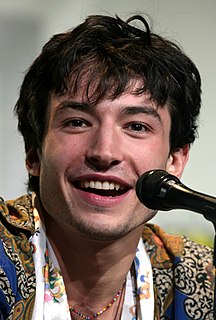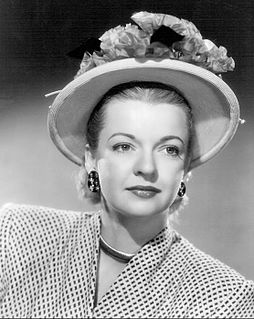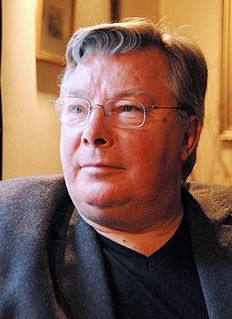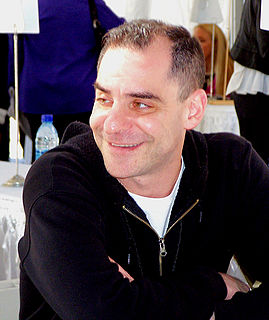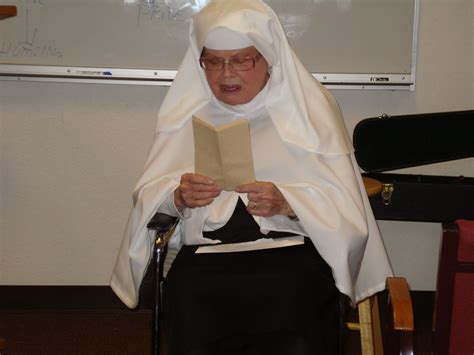A Quote by Julia Scheeres
I didn't fit into the Christian college my parents sent me to. I felt tarnished by tragedy, between my brother's death and Escuela Caribe, and everyone else seemed so carefree and happy and praising God. I couldn't stand happy people for a long time, and was plagued by chronic migraines and stomach aches. I'd say between age thirteen and twenty-three was the most miserable time of my life. I wrote Jesus Land because I wanted there to be a record of David's life. I was surprised that so many people read it, and felt moved by it.
Quote Topics
Aches
Age
Because
Between
Brother
Carefree
Christian
Chronic
College
David
Death
Else
Everyone
Everyone Else
Felt
Fit
God
Happy
Happy People
Jesus
Land
Life
Long
Long Time
Many
Me
Miserable
Most
Moved
My Brother
My Life
Parents
People
Praising
Read
Record
Say
Seemed
Sent
So Many People
Stand
Stomach
Surprised
Tarnished
Thirteen
Three
Time
Time Of My Life
Tragedy
Twenty
Wanted
Wrote
Related Quotes
People never seemed to notice that, by saving time, they were losing something else. No one cared to admit that life was becoming ever poorer, bleaker and more monotonous. The ones who felt this most keenly were the children, because no one had time for them any more. But time is life itself, and life resides in the human heart. And the more people saved, the less they had.
A happy but miserable state in which man finds himself from time to time; sometimes he believes he is happy by loving, then suddenly he finds how miserable he is. It is all joy, it sweetens life, but it does not last. It comes and goes, but when it is active, there is no greater virtue, because it makes one supremely happy.
-Please, Anita, go home, and don’t freak. Just go home, and be happy. Be happy, and let everyone around you be happy. Is that so hard? When Jason said it like that, it didn’t seem hard. In fact, it seemed to make a lot of sense, but inside, it felt hard. Inside it felt like the hardest thing in the world. To just let go, and not pick everything to death. To just let go and enjoy what you had. To just let go and not make everybody around you miserable with your own internal dialogue. To just let go and be happy. So simple. So difficult. So terrifying.
I have studied many religions, many different persuasions of thought in Christian belief, and I have come, in this experience to this: the most important question in anyone's life is the question asked by poor Pilate in Matthew 27:22: 'What shall I do, then, with Jesus who is called Christ?' No Other question in the whole sweep of human experience is as important as this. It is the choice between life and death, between meaningless existence and life abundant. What will you do with Christ? Accept Him and life, or reject Him and die? What else is there?
He felt as though he were failing in practically every area of his life. Lately, happiness seemed as distant and unattainable to him as space travel. He hadn't always felt this way. There had been a long period of time during which he remembered being very happy. But things change. People change. Change was one of the inevitable laws of nature, exacting its toll on people's lives. Mistakes are made, regrets form, and all that was left were repercussions that made something as simple as rising from the bed seem almost laborious.






